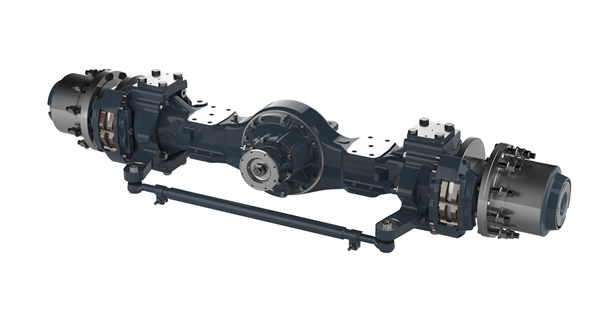
ACMA seeks relief measures for component industry to withstand COVID 19 impact
The Automotive Component Manufacturers Association (ACMA) has created a taskforce which is evaluating the possibility of manufacture of facemasks, hand-sanitisers by its members. Several of the component companies have shown keen interest to manufacture these items. Specifically, for ventilators, members are evaluating the option to import them through their CSR funds. The industry also seeks guidance from government on the standards for such equipment and the quantity needed.
ACMA has issued an advisory to all its members to maintain safety and security of all permanent and contractual employees, ensuring no layoffs and timely salary for the month of March. In fact, over one lakh contractual employees have already been paid their salary for the month of March. Further, several of the component manufacturers have promised to extend full medical aid to their employees, including contractual, in the eventuality of them or their family members contracting the novel coronavirus. Many auto component companies are also running community kitchens, with all necessary norms of social distancing, to ensure their contractual employees get regular food.
Commenting on this situation, Deepak Jain, President ACMA, said, ?These are indeed unprecedented times, and I thank our Prime Minister for his exemplary leadership in announcing timely measures to control the speared of COVID-19 pandemic in India as also the recent measures announced by the Finance Minister and RBI Governor. The auto component industry stands by the Government of India in this hour of challenge. However, with complete stoppage of production in the vehicle industry and scarcity of working capital, the situation in the component manufacturing units, including the tier-2s and tier-3s has become quite acute, threatening their survival. We have requested the government for helping us with immediate relaxation of borrowing norms and statutory payments, extension of moratorium on payment of principal and interest of loans for a year, among others. We are also seeking support of SIAM and the OEMs to ensure minimal disruption of the supply chain.?
There is no denying that the automotive industry in India has already been reeling under significant pressure to cope with plummeting vehicle sales for over a year now as also transitioning from BS IV to BS VI. The industry is now faced with the onslaught of a much bigger challenge of the COVID-19 pandemic which now threatens to destabilise the entire automotive value chain.
The situation is even worse for small and medium firms whose solvency is being challenged. To avoid such a scenario, ACMA has requested for the following:
- Support for working capital ? Relaxation of borrowing norms and statutory payments
- Norms for NPA recognition to be eased by extending moratorium on payment of principal and interest by at least one year
- Relaxation in fixed electricity charge
- Relaxation in of levy demurrage charges for at least seven days for import cargo clearance
With a three-week lockdown announced by the government, production has come to a stand-still in the automotive industry across the country. Auto component manufacturers, especially the tier-2s and tier-3s are facing severe hardship on front of cash flow, which if not immediately addressed will lead to insolvency of several companies, especially the tier-2s and tier-3s. Further, there is no clarity on how the market will pan out in the ensuing months, thus further eroding the industry?s confidence. It is estimated that the component sector is facing production loss of Rs 10-12 billion per day.
The auto component industry contributes 2.3 per cent to India?s national GDP, 25 per cent to national manufacturing GDP and employs over 50 lakh people. In 2018-19, the turnover of the industry stood at $57 billion with $15 billion in exports. The sector exports to almost all the world?s leading vehicle manufacturers and tier 1s, which speaks of its strong capabilities and global competence. The industry dominated by SMEs, is one of the key drivers of India?s economic growth and the ?Make in India? program.


 +91-22-24193000
+91-22-24193000 Subscriber@ASAPPinfoGlobal.com
Subscriber@ASAPPinfoGlobal.com